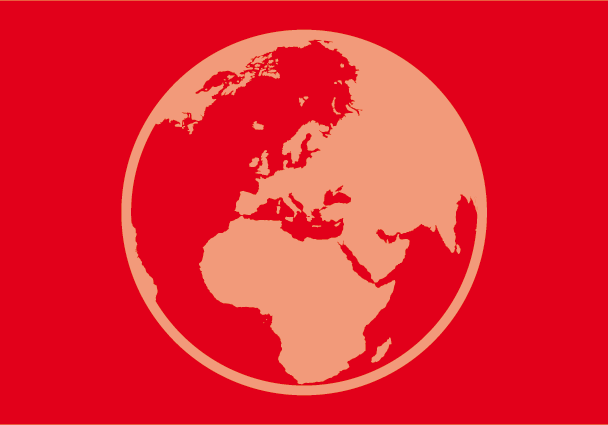
ICJ deplores moves toward a war of aggression on Iraq
The ICJ today expressed its deep dismay that a small number of states are poised to launch an outright illegal invasion of Iraq, which amounts to a war of aggression.

The ICJ today expressed its deep dismay that a small number of states are poised to launch an outright illegal invasion of Iraq, which amounts to a war of aggression.
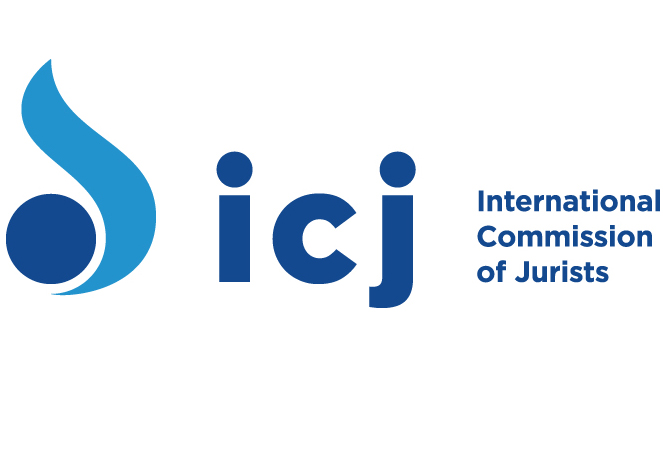
The ICJ today expressed its shock at the gang-land style assassination of Judge Antônio José Machado Dias (48, photo) who was shot in the chest and head by two gunmen as he drove home on 15 March.
Judge Machado Dias had been responsible for overseeing the operations of the high security prisons where Brazil’s top organized crime bosses are being detained.
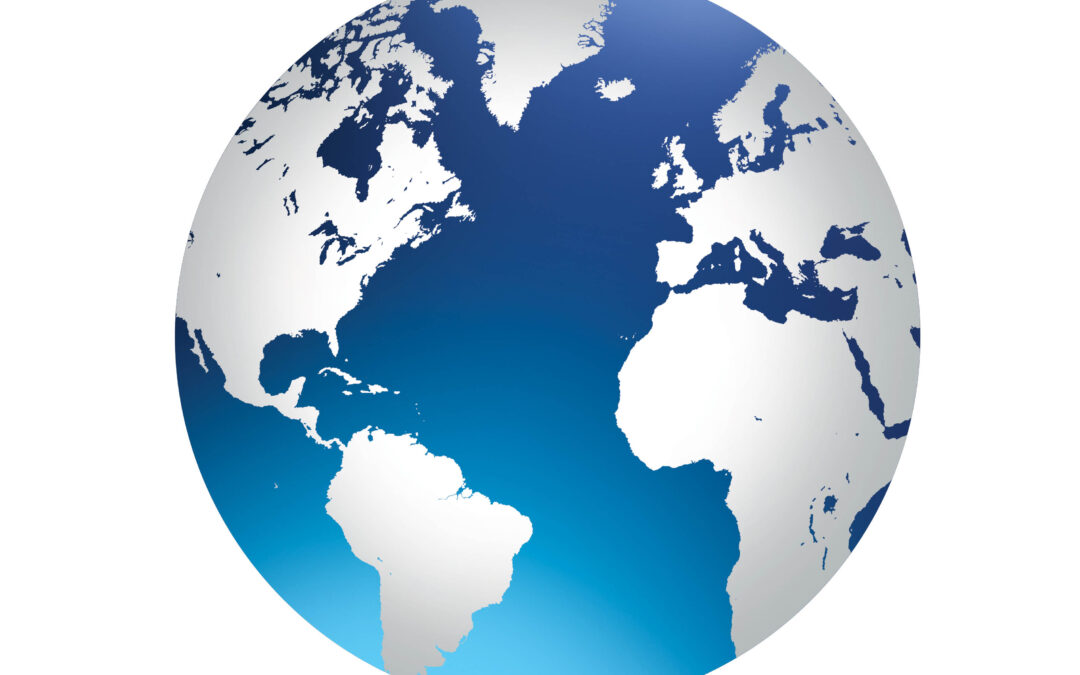
Joint Statement of the ICJ and other NGO’s to the international conference of governmental and non-governmental experts “Missing: the Right to Know”, organised by the International Committee of the Red Cross.
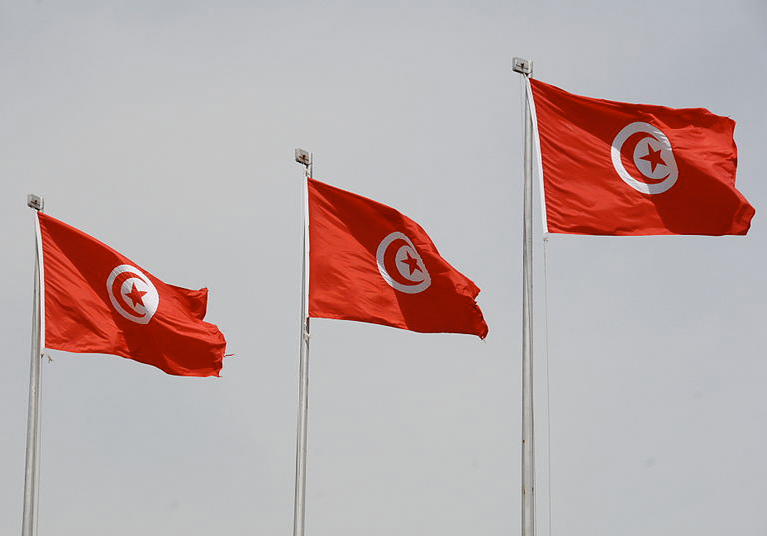
The ICJ’s Centre for the Independence of Judges and Lawyers report on Tunisia concludes that the independence of the judiciary is tenuous and that human rights lawyers are consistently harassed and persecuted.
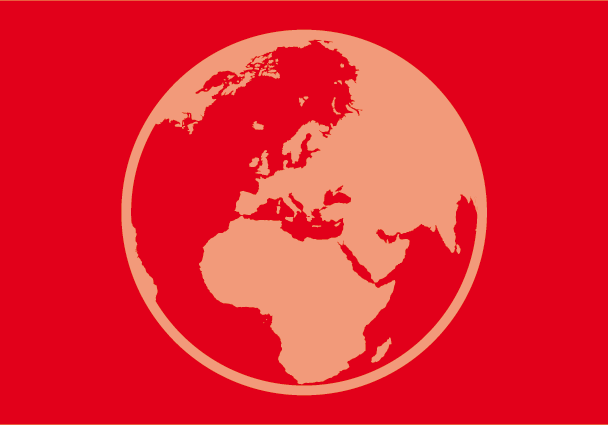
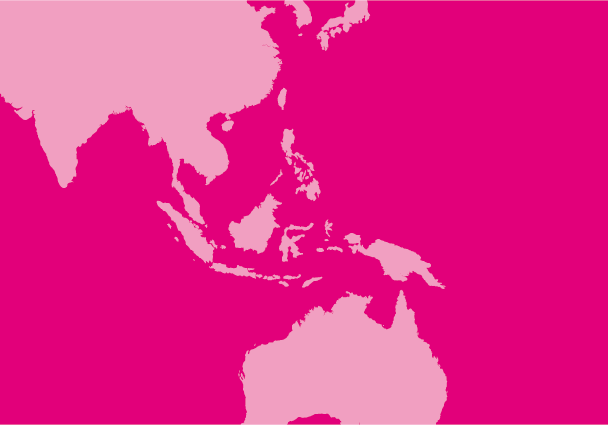
Today the ICJ released its final report on Afghanistan’s Legal System and its Compatibility with International Human Rights Standards.